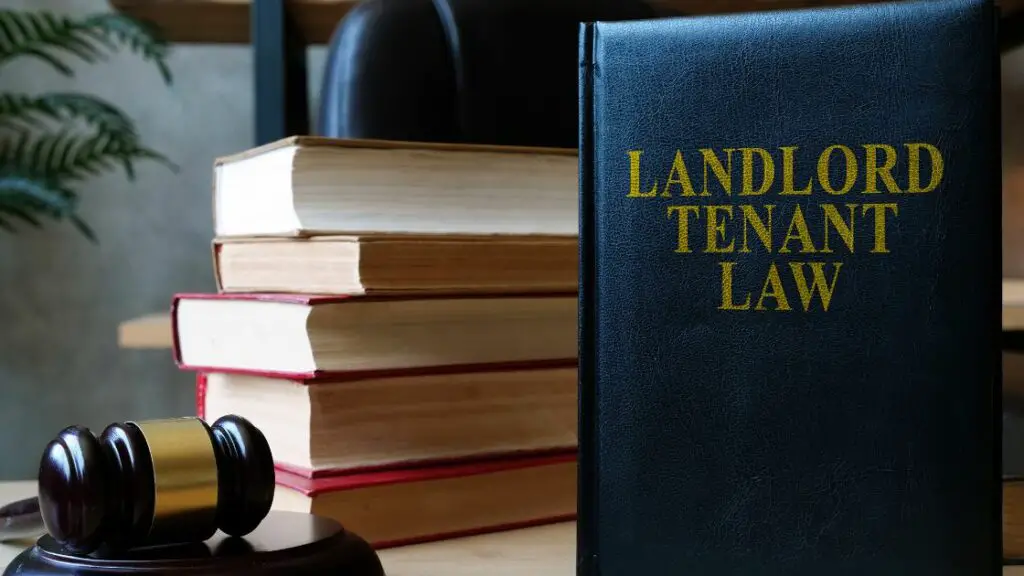In the era of ever-increasing technological advancements, questions surrounding privacy rights are more pertinent than ever.
One such issue that has come to the forefront is whether landlords can install cameras within rental properties. While laws differ depending on local jurisdictions, there are general guidelines to consider when tackling this question.
Landlords, without a doubt, have a vested interest in protecting their property.
They also have a responsibility to ensure the safety of their tenants. In this regard, the use of security cameras can seem like a reasonable solution. But it’s important to bear in mind that a tenant’s right to privacy is legally protected and this could conflict with the use of surveillance equipment.
The information contained in this post is for informational purposes only. It is not legal advice. You should seek the advice of a qualified legal professional before making any decisions relating to the topics covered by this article.
We may earn commissions from products and services that are purchased or recommended through our website as part of our affiliate partnerships. As an Amazon affiliate, we may earn from qualifying purchases.
The Thin Line Between Surveillance and Privacy
Generally, the use of security cameras by landlords is permissible in common areas such as parking lots, hallways, or entrances, where there is reduced expectation of privacy.
However, installing cameras within the confines of a rented house or apartment is a different story. Most laws stipulate that surveillance within these areas, where a reasonable expectation of privacy exists, is a breach of privacy rights.
For instance, installing cameras in areas such as bedrooms, bathrooms, or any other places where people tend to be in a state of undress, is usually considered a violation of privacy laws, even if there’s written consent.
In other private living spaces such as the living room or kitchen, the legality of surveillance devices is a contentious issue and the laws can be murky.
In some cases, both tenants and landlords may want some level of surveillance in shared areas. For example if multiple boarders are sharing a house, they may want want cameras in the shared spaces to ensure that the other boarders are not stealing food or engaging in other inappropriate behavior in the shared spaces.
Surveillance vs. Consent
So, can a landlord install cameras inside the house if the tenant gives consent?
The answer is possibly yes, but it’s complicated.
A tenant might agree to such surveillance upon signing the lease, either knowingly or unknowingly. However, the enforceability of such a clause is up for debate. Some jurisdictions may regard it as unconscionable or against public policy, thus making it unenforceable.
Furthermore, the landlord’s intentions could also play a role. If the surveillance is used for legitimate security purposes and not to intrude on the tenant’s privacy, it may be allowed. However, if it’s used for inappropriate reasons, like spying on the tenant, it can constitute a breach of privacy.
Digital Surveillance and the Law

While conventional surveillance systems have been around for some time, the advent of smart home technology has added a new dimension to this conversation. Digital devices like smart speakers and security systems can potentially infringe on a tenant’s privacy, even if they aren’t explicitly designed for surveillance.
The law is still catching up with these technological advances. In most jurisdictions, it’s illegal to record private conversations without consent, whether in person or over digital devices. Hence, the use of such technology by landlords within a rental property would likely be considered an invasion of privacy.
Balancing Privacy and Security
Landlords must strike a delicate balance between maintaining security and respecting their tenants’ privacy rights. Tenants should also be proactive, understanding their rights and discussing any surveillance concerns with the landlord.
To mitigate potential issues, landlords should consider making security a shared responsibility.
This could involve allowing tenants to install their own security systems or maintaining clear communication about any existing surveillance measures. Similarly, landlords should respect the privacy of tenants and limit surveillance to areas where a reasonable expectation of privacy does not exist.
Wrapping Up
While the landscape of privacy laws continues to evolve with technology, the key takeaway is that landlords generally cannot install cameras inside a house without potentially violating privacy rights.
It’s crucial for both landlords and tenants to be aware of their local laws and regulations regarding surveillance in rental properties and to approach the matter with a strong emphasis on communication, respect, and mutual understanding.
Remember, everyone has a right to feel safe and secure in their home.